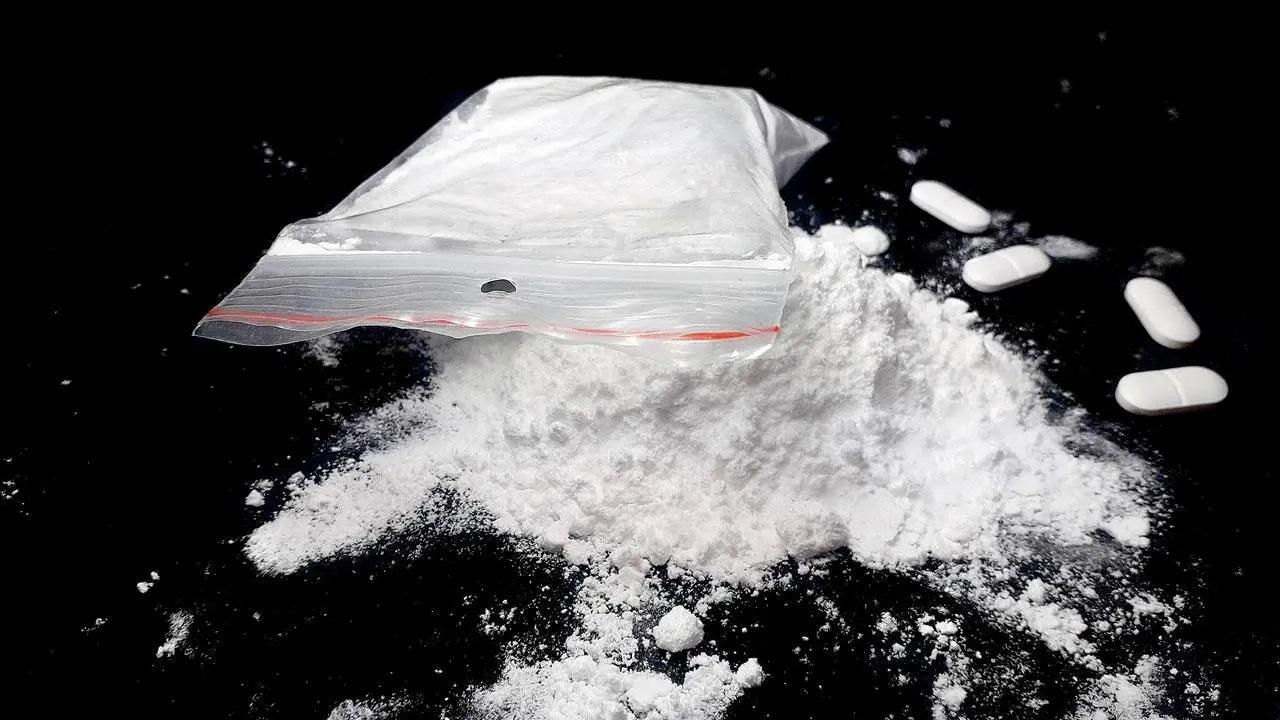
Cocaine, a drug that has long been infamous for multiple overdose deaths, and erratic behaviour — from rock prodigy Tom Petty to Charlie Sheen, once Hollywood’s highest paid sitcom star — has ruined talents and fortunes for long.
Now scientists have uncovered what exactly is in cocaine that makes it such a dreaded narcotic substance.
A team at the Medical University of South Carolina (MUSC) has uncovered how cocaine triggers a specific protein in the brain to hijack normal brain circuitry, promoting further drug-taking behaviour. The discovery, detailed in an article in `Nature Communications`, sheds light on the mechanisms behind drug-context associations, which are critical factors in relapse vulnerability.
The study, led by Christopher Cowan, Chairman of the Department of Neuroscience at MUSC, identifies the neuronal PAS domain protein 4 (NPAS4) as a key regulator in forming and maintaining drug-context associations.
“These drug-context associations become future triggers for drug seeking,” explained Cowan, emphasising the importance of understanding how these associations are formed.
The MUSC team focused on a small population of cells within the nucleus accumbens, a brain region known for regulating motivation and reward-associated learning. They discovered that NPAS4-expressing neurons increased in response to cocaine exposure. NPAS4, a transcription factor, regulates how cells respond to neuronal activity induced by various stimuli, including drugs.
Surprisingly, the study found that NPAS4 in D2 dopamine receptor-expressing neurons, rather than D1 neurons, is crucial for context-associated drug seeking.
D2 neurons typically act as a brake on drug-taking behaviour, but NPAS4 appears to weaken this brake, strengthening drug-context associations and increasing the likelihood of relapse.
“Drugs are presumably doing multiple things,” said Cowan, adding, “They`re not only strengthening and forming the context memory, but also suppressing the brain`s ability to oppose this association.”
Understanding how NPAS4 mediates these effects could lead to new therapeutic targets aimed at reducing the risk of relapse, a breakthrough that would be fundamental.
This story has been sourced from a third party syndicated feed, agencies. Mid-day accepts no responsibility or liability for its dependability, trustworthiness, reliability and data of the text. Mid-day management/mid-day.com reserves the sole right to alter, delete or remove (without notice) the content in its absolute discretion for any reason whatsoever.
